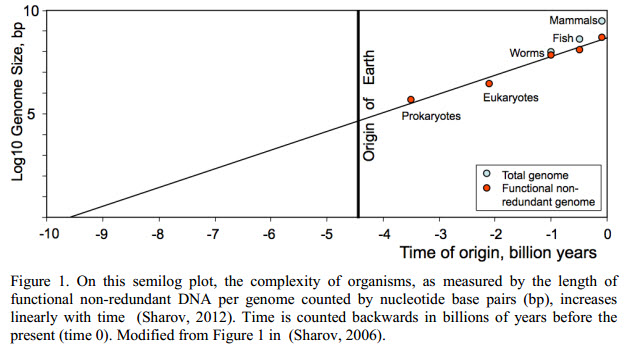 Moore’s Law, The Origin Of Life, And Dropping Turkeys Off A Building
Moore’s Law, The Origin Of Life, And Dropping Turkeys Off A BuildingI’ve already mentioned the nonsensical paper “published” in (surprise, surprise) arXiv in...
 Genome Reduction In Bladderworts Vs. Leg Loss In Snakes
Genome Reduction In Bladderworts Vs. Leg Loss In SnakesIn one sense, I am happy that there is enough interest in the concept of “junk DNA” (and by...
 Another Just-So Story, This Time About Fists
Another Just-So Story, This Time About Fists“It is demonstrable,” said he, “that things cannot be otherwise than as they are; for as...














